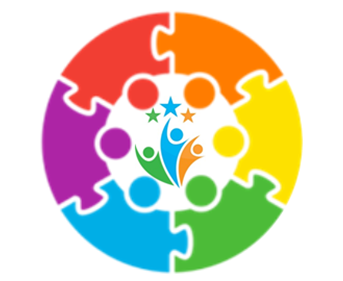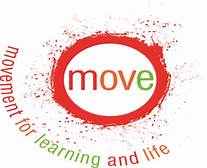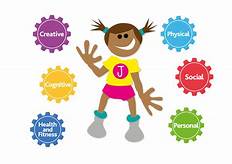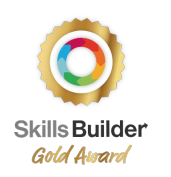Reading and Phonics
Reading at Nancealverne
Please see the English Curriculum section of the website for full reading and phonics curriculum documents.
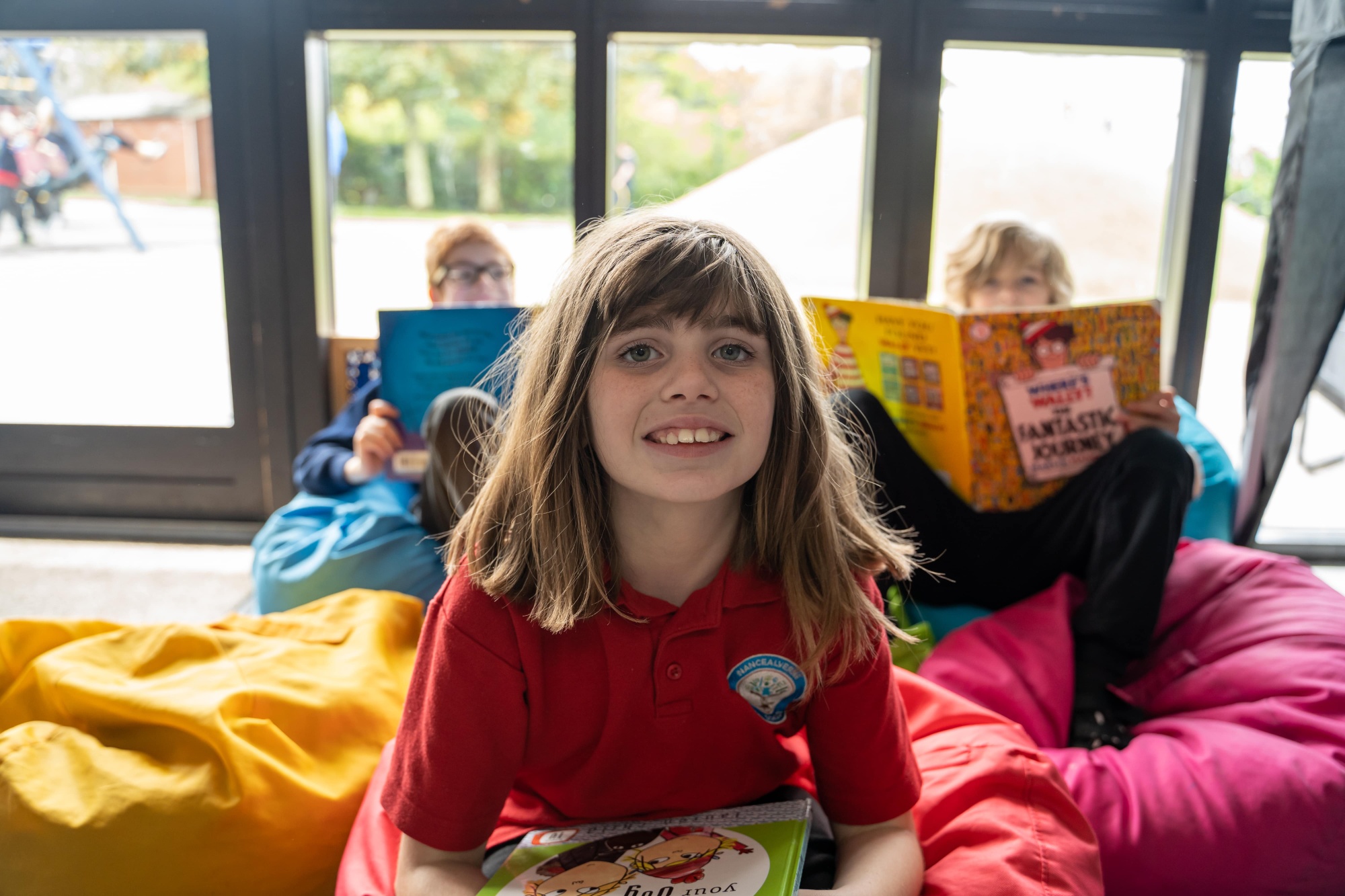
Intent
Intent: At Nancealverne reading is at the heart of all our learning. We aim to build all pupils’ skills in literacy and reading, and improve their fluency, confidence and ability for their next stage in learning and in life outside of school. At Nancealverne we aim to ensure that all pupils experience and develop a love for literacy making at the very least the expected progress in reading. We aim to support all learners to become the very best independent readers they can possibly be and have multiple cross curricular reading opportunities every day.
Pupils will develop their functional reading skills, whether that be an ability to recognise and use (receptively or expressively) symbols and sight vocabulary or be able to read phonetically and recognise whole words using them for functional and leisure tasks.
Implementation
Reading is taught through Literacy in EYFS and delivered as a discreet core subject from KS1-KS3. From KS2 upwards, literacy is taught in timetabled phonics, reading and English lessons and is taught cross curricular across a range of subjects which requires students to use reading and literacy skills in a functional way. It is our aim at Nancealverne that every child leaves us having made progress and the opportunity for an accredited qualification. Therefore, assessment outcomes at KS4 will determine students' access and study towards more formal qualifications, such as the ASDAN short courses or Core Communication modules in 'Towards Independence’. In KS4 & 5, dependent on their pathway, students will either continue with the ASDAN Personal Progress modules or complete the Edexcel English Entry Levels 1, 2 &3 and Level 1 papers.
The curriculum identifies long term planning which is driven by aspirational books and topics from EYFS to KS4 over a rolling program to ensure breadth and balance in the reading strands studied. Phonics is delivered 4 times a week through the Primary classes and for some KS3/4 students. In KS4 upwards we use phonics and reading strategies, but aim to teach functional reading to link to preparation to adulthood, safety in the community and communication. We also timetable daily reading sessions in every class for students to access their matched level readers or a high interest reading book. We are using the Twinkl Structured Systematic Phonics Programme, which is a government-accredited scheme. We have received all-school training and ongoing cpd to embed them consistently across the school.
For students who need another pathway to access reading, we offer 'Whole Word Reading' - a Precision Teach approach, Colourful semantics, SPAG, comprehension, functional reading and guided reading sessions. In KS3 and for those children above, phonics will weave through the curriculum where appropriate to the sessions and the individual development of the student. Allowing opportunities and interventions with phonics and those reading strategies still being practised whilst linking to specific books and functional reading.
The discrete teaching of phonics will be supplemented by the Twinkl Rhino Readers scheme both in book and eBook form. Teachers can assign students to the appropriate book level based on their current reading phase and level. There are opportunities for students to read at school and at home by reading books and journals sent home and links to rhino reader eBooks to reinforce current phonetic sounds, words and interest where applicable. This also encourages 2-3 reading of the text to enhance fluency and confidence.
Our students love books, and we use 'Student Voice' to select new books for our library and help to choose texts to base topics, lessons and guided reading sessions on. We bring recommended books to staff meetings to share, and we even have a staff book club called the 'Nancealverne Book-worms.' The children see that the adults are avid readers. We have a reading newsletter once a term to update parents with what we have been reading and share recommended texts, top tips and strategies to improve and access reading from home. We celebrate reading at every opportunity with collapsed curriculum days for World Book Day, National Story-telling Day, The Shakespeare Festival and Roald Dahl Day. We invite local authors, drama groups, illustrators and artists to come and share their craft throughout the year.
Impact
All pupils make at least expected progress towards challenging literacy and reading targets, with many exceeding expected progress. Pupils leave school having experienced a large range of texts, enabling them to foster a love of reading and literacy that can be taken into adulthood. They would have developed reading skills by acquiring formal accreditation outcomes where appropriate that will allow them to be as independent as possible in their adult life; reading outcomes are therefore aspiration led. Data collection through our assessment systems will support teachers to ensure that students make the expected or exceed the expected progress from their starting point of this area in the curriculum.
Phonics at Nancealverne
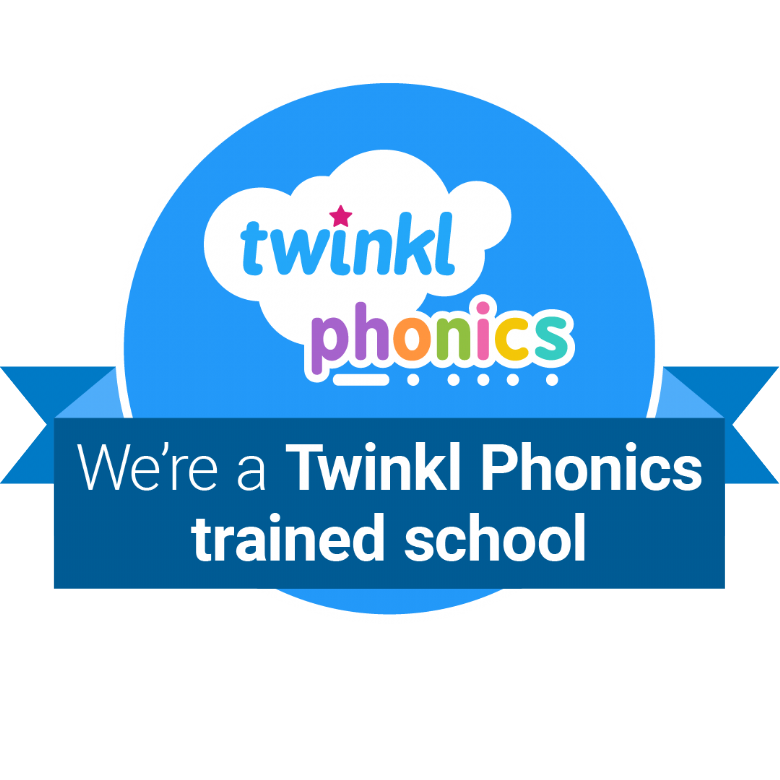
Please see the English Curriculum section of the website for full curriculum documents.
Intent
At Nancealverne, it is our aim to help every child to read to their upmost ability to allow them to communicate in life after school. We strive to build all pupils’ skills in reading, and improve their fluency, confidence and ability for their next stage in school and their own lives. At Nancealverne we want to develop a love of literacy, making at the very least the expected progress in reading. Our phonics offer will enable all students to develop functional reading skills, whether that be an ability to recognise and use (receptively or expressively) symbols and/or social sight vocabulary, or to read phonetically and recognise whole words and use these for functional and leisure tasks. As a school, we want to offer specific and individual reading routes to enable every child to read and communicate. Therefore, we use the Twinkl Phonics scheme through Phases 1-6. For students who may need another pathway to access reading, we offer sensory phonics sessions, whole word reading activities, and colourful semantics. For students beyond phonics we have SPAG, functional reading, comprehension and guided reading lessons running alongside the phonics 4 times a week,
Implementation
Across the school from EYFS to KS4 there are 4 timetabled phonics sessions a week. Friday is our Assess or Review day. The majority of our primary classes mix by ability for these sessions within their class, but break off into ability groups in different areas of the school. These small focused sessions incorporate a range of phonics and reading strategies, from sensory-based activities and songs, environmental sounds in phase 1 up to Phase 6 in Twinkl Phonics, whole word reading, SPAG, functional reading, comprehension or guided reading sessions. These small groups will be ability set by the Twinkl baseline assessment and Phase assessments and delivered by members of each class team.
The discrete teaching of phonics will be supplemented by the Twinkl Rhino Readers which align to the Twinkl Phonics programme. Teachers can assign students to the appropriate book level based on their current phonics phase and level. There are opportunities for students to read at school and at home by reading books and journals sent home to reinforce current phonetic sounds, words and interest where applicable. This also encourages 2-3 reading of the text to enhance fluency and confidence.
By the end of KS3, if our learners have not progressed from Phase 2/3 of phonics, then the focus becomes on the development of social and functional sight vocabulary. If a more personalised approach is recognised earlier as being a more effective strategy due to the student's individual needs, then it is introduced and delivered alongside the phonics slots by an adult in class. This may include whole word recognition, and use of ÀAC/Visuals and sensory-based activities to support learners who are non-verbal or have sensory impairments. We also work closely with our SITT team to identify interventions to support.
In KS4 and KS5 we have decided that it is more beneficial to focus on the functional reading skills embedded in the accredited modules to prepare our students for their next stages out of school. However, previous phonics and reading strategies and words from precision teach sessions embedded earlier in the school will be revisited constantly in teaching and used as interventions in designated reading times when needed for a student.
When learners are past phonics support, we have targeted group guided reading, SPAG and comprehension sessions to apply our reading skills and further fluency. It is our aim to nurture, but also challenge and stretch our students in a literacy-rich environment which promotes a true 'Love of Reading' whilst fostering skills to communicate effectively in the wider world.
Impact
Impact
The impact of the phonics offer will be demonstrated via the progress the pupils are making to ensure:
- All phonics teaching/learning remains personalised
- Pupil progress over time is informed via effective assessment streams.
- Pupils make at least the expected progress within the phonics or reading pathway they follow.
- Pupils are well-prepared for their next stage; all learning remains sequential and is based upon previously learnt skills, knowledge and understanding.
Pupils leave school having experienced a range of sequenced phonics lessons and reading strategies, enabling them to read and communicate to their upmost ability, loaded with skills that can be taken into adulthood. They would have developed reading skills by acquiring formal accreditation outcomes where appropriate that will allow them to be as independent as possible in their adult life; reading outcomes are therefore aspiration led. Data collection through our B-squared assessment systems and phonics baselines and phase assessments will support teachers to ensure that students make the expected or exceed the expected progress from their starting point in this area in the curriculum.

